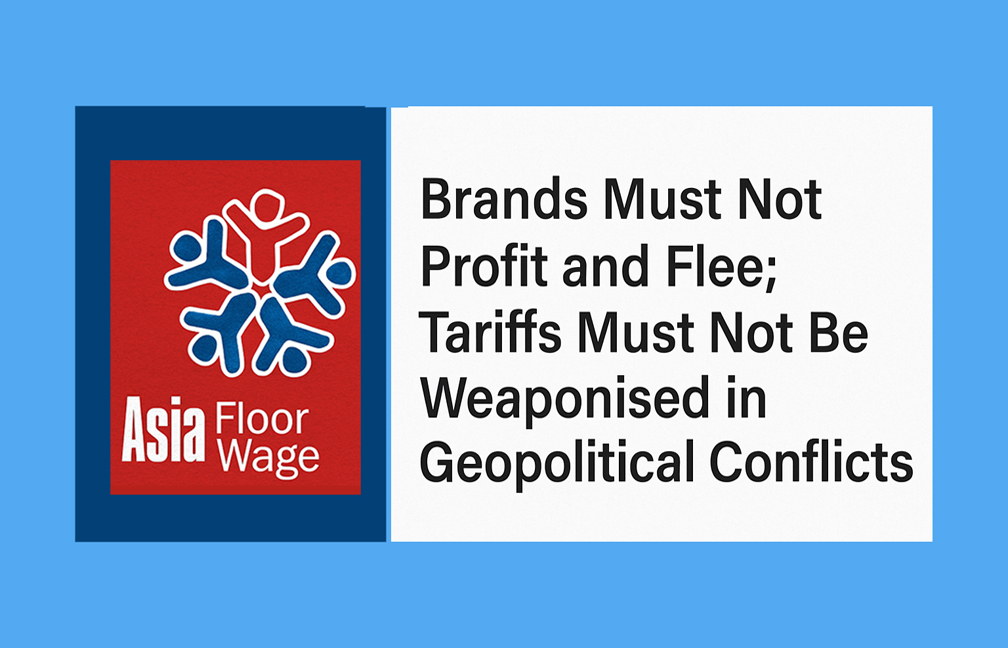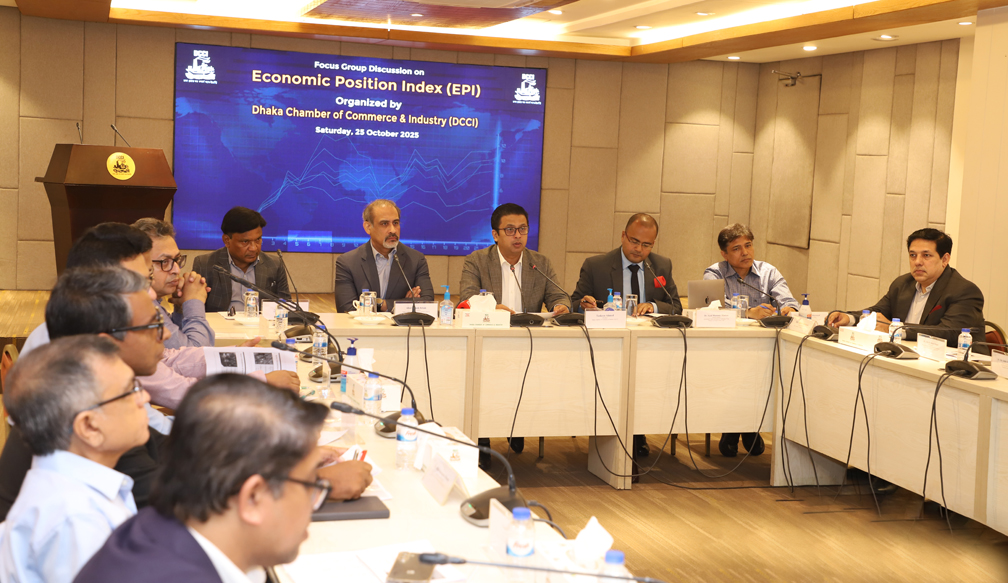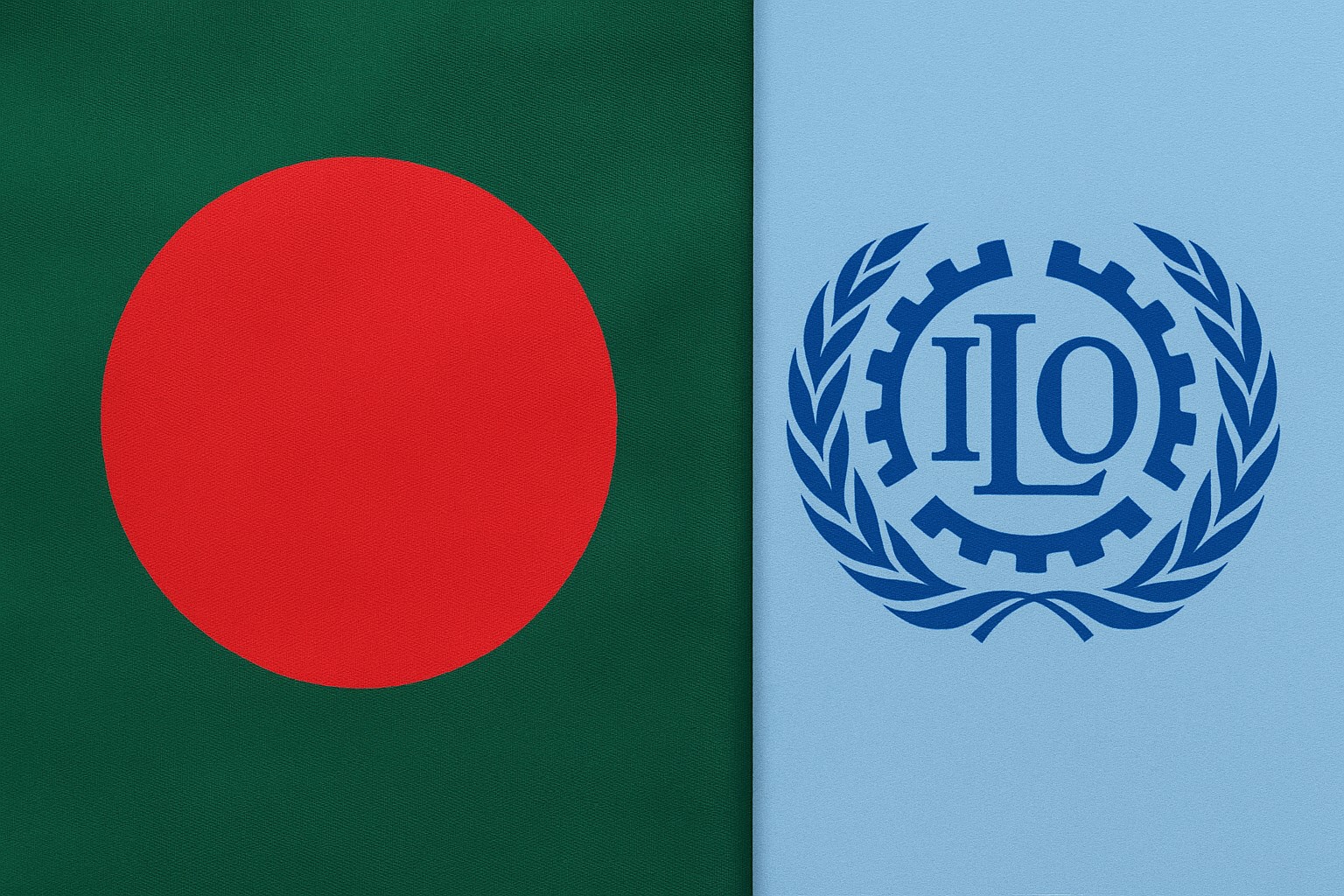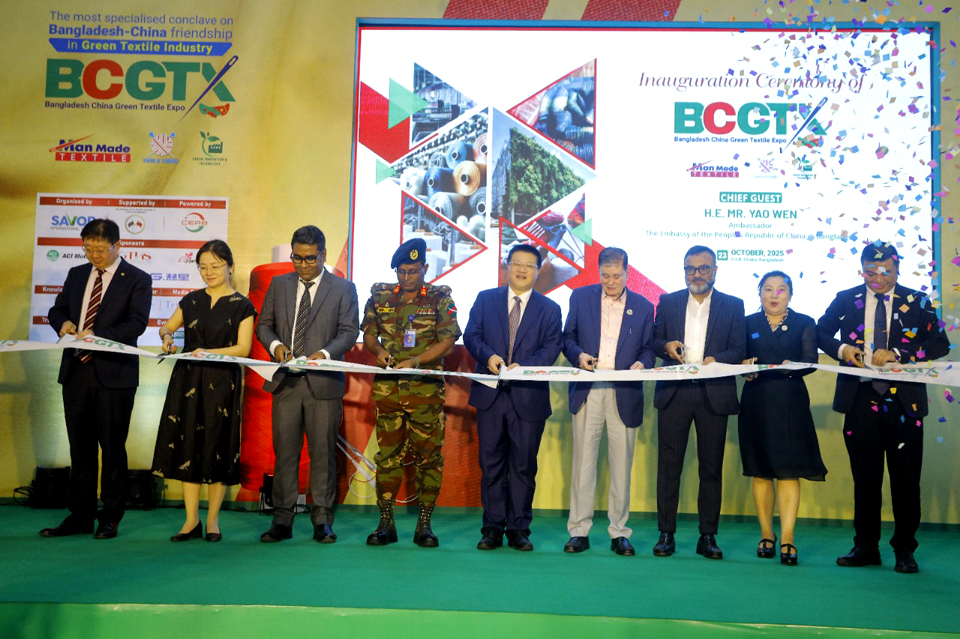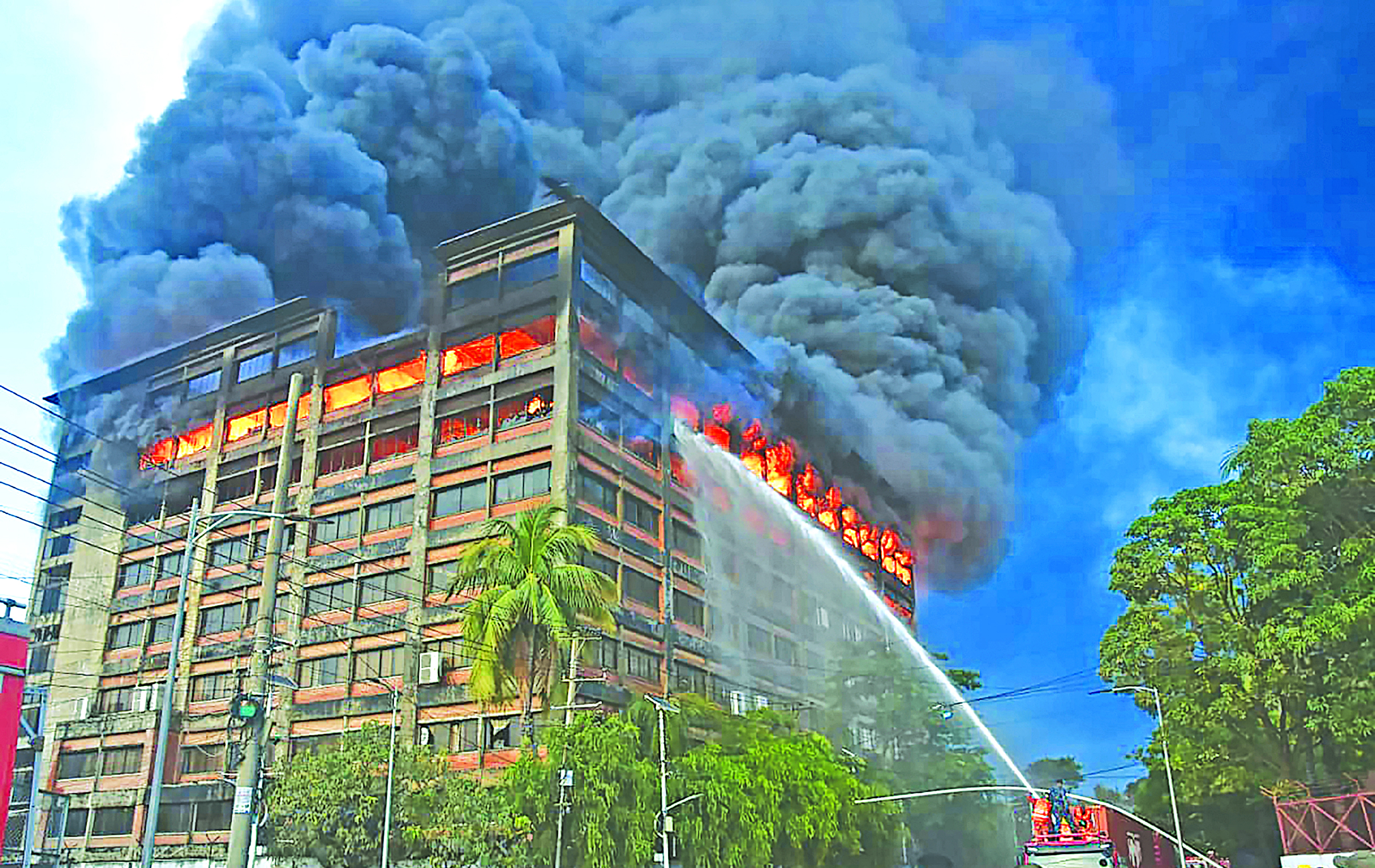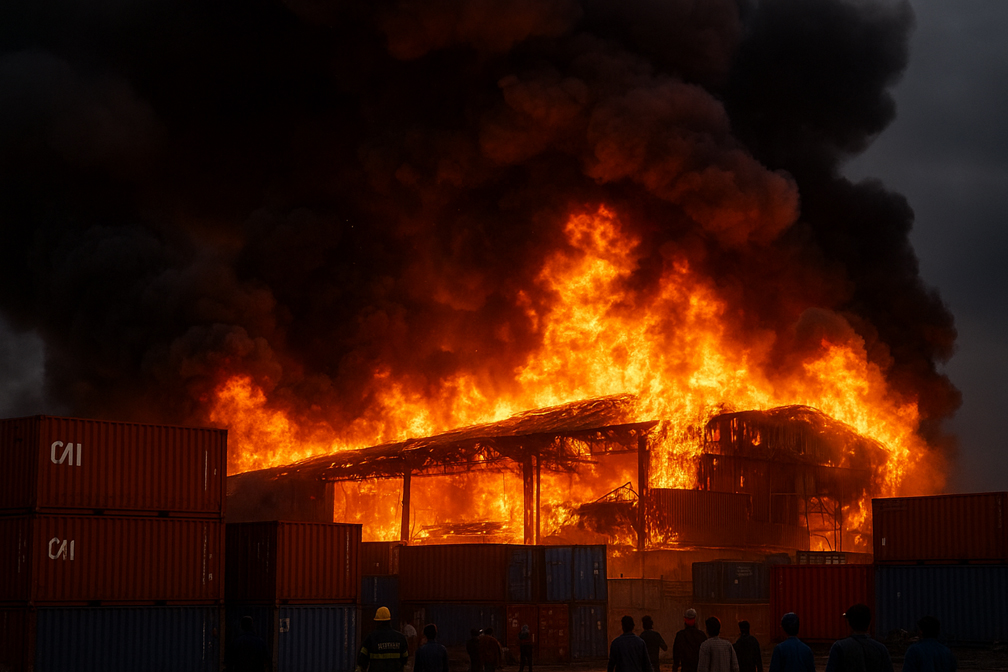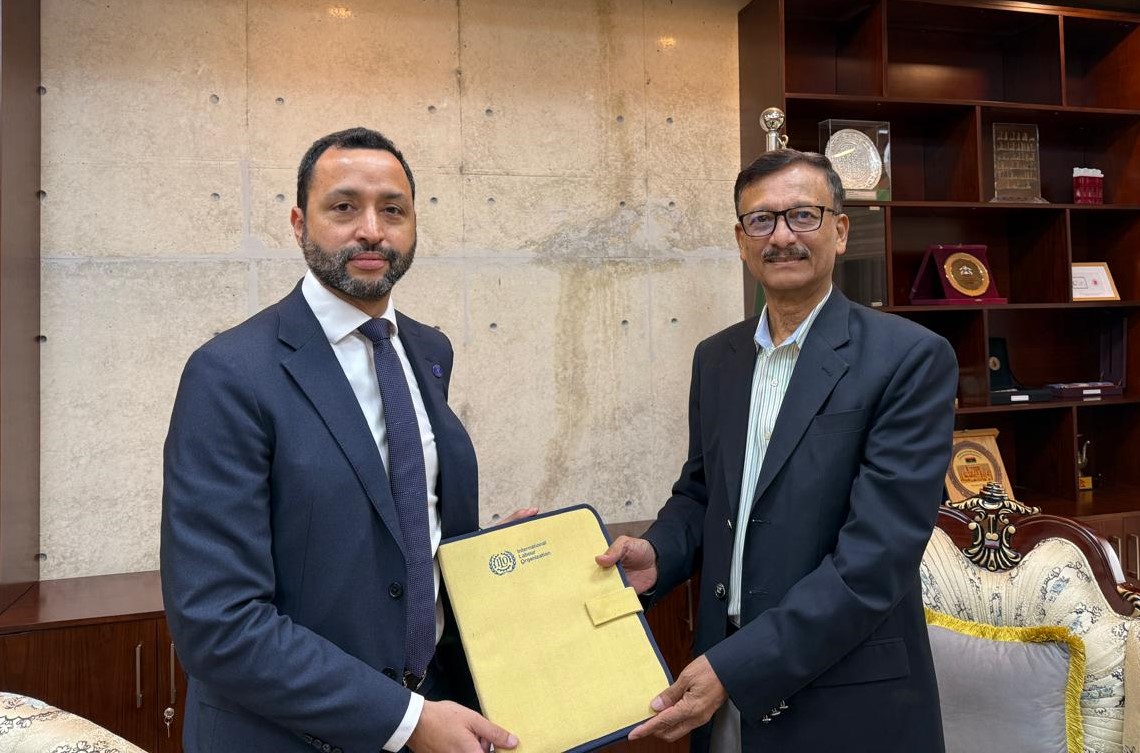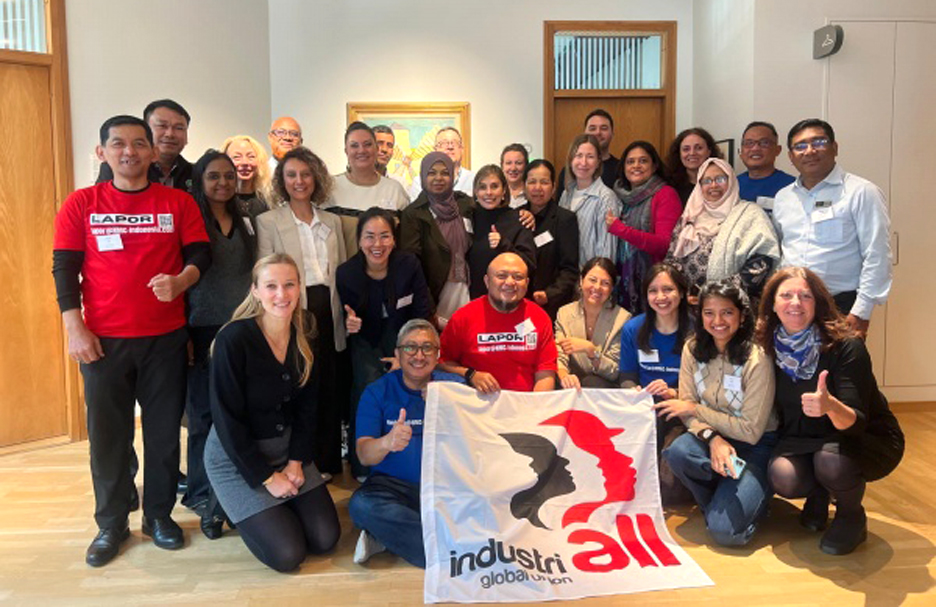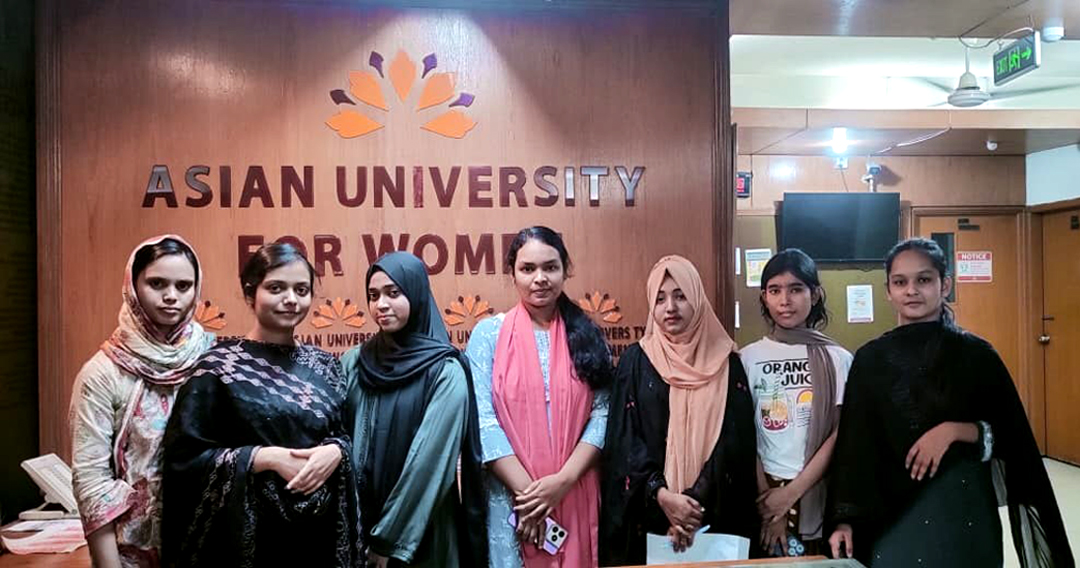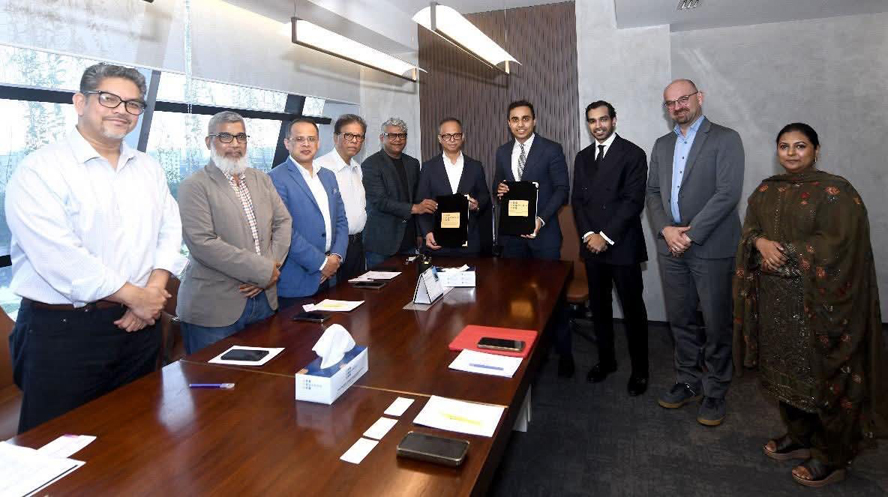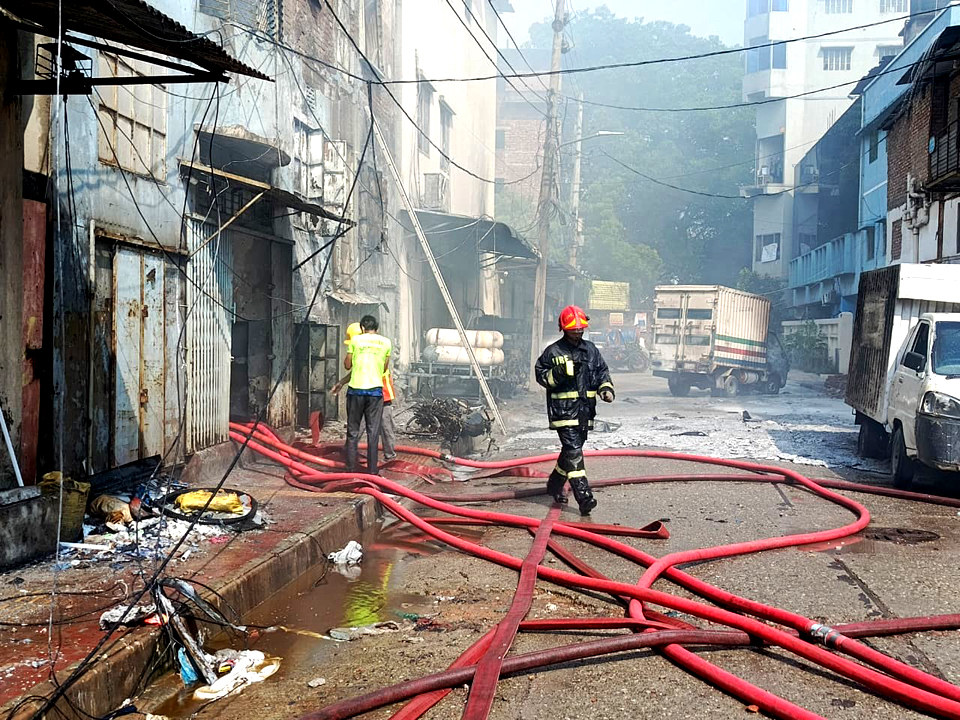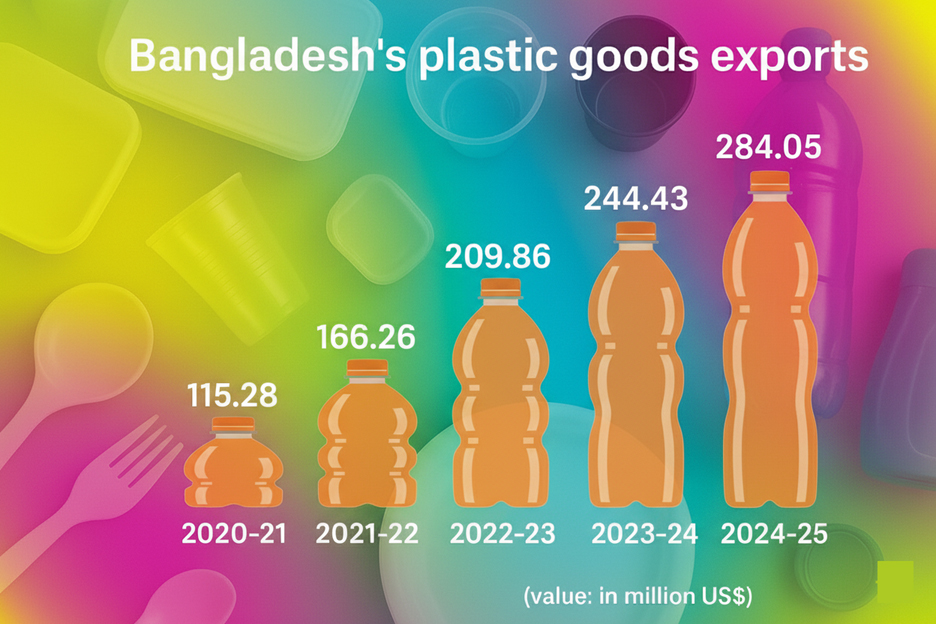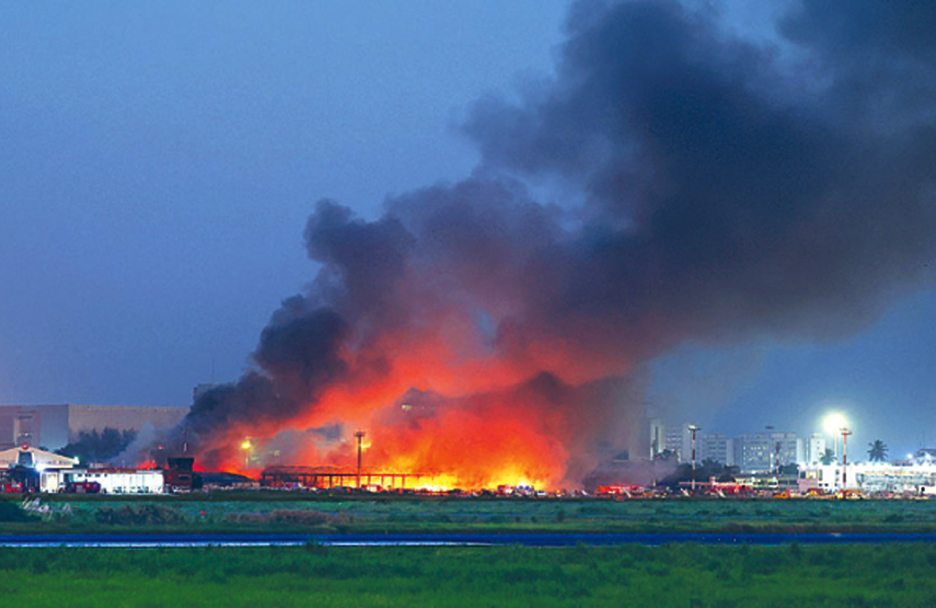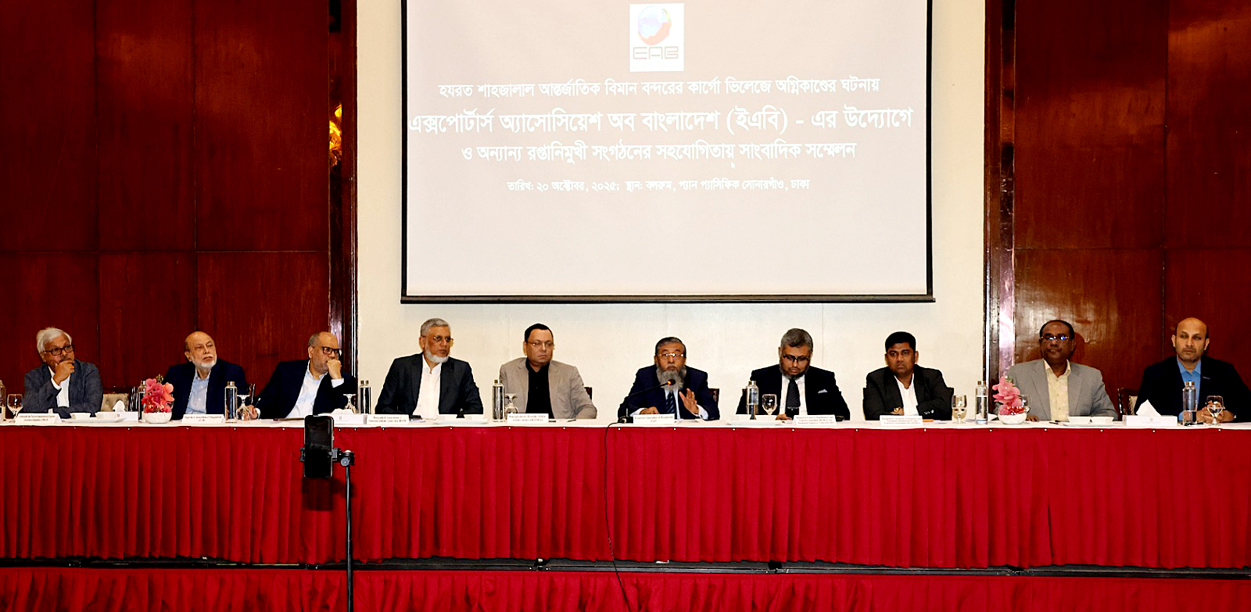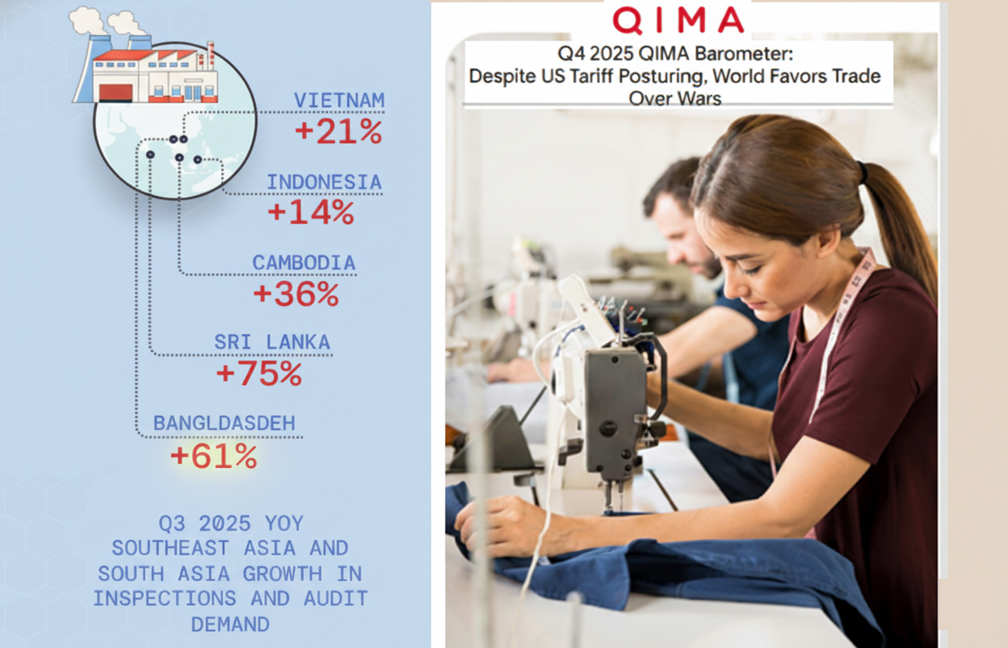The Asia Floor Wage Alliance (AFWA), a coalition of trade unions representing garment workers across Asia, has issued a strong statement condemning the recent imposition of US tariffs on apparel imports, warning that the move could spark a humanitarian crisis and deepen inequality across the global garment industry.
‘The US government’s recent imposition of tariffs on apparel imports from Asia endangers the livelihoods of millions of garment workers, predominantly women, already earning poverty-level wages,’ the statement said issued on July 28.
The AFWA drew parallels to the COVID-19 pandemic, when global brands abruptly withdrew from supply chains, triggering mass layoffs, factory closures, unpaid wages, and a rise in gender-based violence and harassment.
It warned that history risks repeating itself unless action is taken to protect workers from the fallout of geopolitical manoeuvring.
‘Tariffs cannot be used as weapons in geopolitical conflicts,’ said Wiranta Ginting, Deputy International Coordinator for AFWA.
‘We reject this punitive tariff imposition that will have serious human consequences. Brands that profit from outsourced production cannot remain silent or passive when tariff changes trigger factory closures or mass layoffs,’ Ginting said.
AFWA outlined four core principles that it believes must guide the restructuring of global trade in the garment industry to ensure fairness, justice, and sustainability.
First, it called for an end to the weaponisation of tariffs. While tariffs are legitimate fiscal tools, AFWA argued that in this case, they serve as punitive geopolitical measures with no realistic prospect of restoring garment production to the US.
Given the high costs involved, shifting production back to the US would make clothing unaffordable for most consumers.
The coalition maintained that the current US tariff policy has no basis in supporting labour interests and instead punishes Asian economies for geopolitical ends.
Second, AFWA demanded that any tariff structure be proportionate and equitable. Disproportionate tariffs could destabilise Asia’s production base and provoke destructive competition between countries in the region.
The alliance stressed that trade policies must uphold the collective value of labour and avoid fragmenting the Asian garment workforce.
Tariffs, it said, should not favour certain countries over others or radically alter existing trade patterns.
Third, the coalition called for the redirection of tariff revenues towards social protection for workers. As garment workers in Asia earn among the lowest wages in manufacturing, AFWA urged that at least 50 per cent of tariff revenues collected by the US be returned to producing countries in the form of a Social Security Fund.
This fund would provide critical support to workers affected by layoffs, factory closures, and disruptions linked to tariff changes. The group also called for the institutionalisation of this mechanism in bilateral trade agreements.
Fourth, AFWA insisted that brands must be held directly accountable for the impacts of their sourcing decisions.
Drawing from the experience of the pandemic, when brands abruptly cancelled orders and abandoned factories, the alliance said no brand should be allowed to exit a factory without prior negotiation with the Asia Brand Bargaining Group (ABBG), AFWA’s regional bargaining platform.
In the event of a full factory closure, brands must ensure workers are fully compensated for their years of service in line with national and international standards. For partial closures, laid-off workers should receive no less than 75 per cent of their wages during the layoff period, with full compensation if the layoff becomes permanent.
The rehiring of all terminated workers must be guaranteed.
AFWA said that labour must shape the future of trade through a vision based on balanced industrial development and equitable revenue distribution.
It denounced a trade system that enriches brands while driving workers—particularly women—deeper into poverty.
‘The time has come to rewrite the rules of global trade: one that places workers, not just wealth generation for the few, at its core,’ the statement read.
‘We call on the global labor movement to rise with the Asia labor movement—because when one part of the working class is attacked, the entire class is under threat. Through binding brand obligations, redistribution of trade revenues to workers, and a united front against exploitative trade, we will fight back. Anything less is betrayal. Anything less is complicity,’ the statement said.
Brands must not be allowed to profit from low-wage labor and then disappear when crisis strikes. Governments must not weaponise trade at the cost of human lives, it said.


